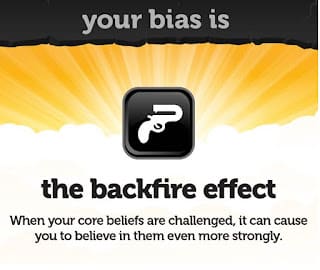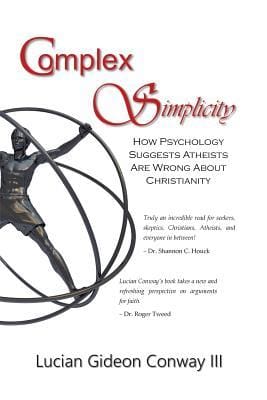
by Jay Medenwaldt | Oct 29, 2021 | Evangelism, Persuasion, Psychological Apologetics, Science
Have you ever had a religious or political discussion with someone where you stated your disagreement in a carefully worded, factual, and well-reasoned response? How did it go? I’m guessing the other person didn’t say, “Oh, you’re right! Thank...

by Jay Medenwaldt | Oct 18, 2021 | Book Review
Complex Simplicity: How Psychology Suggests Atheists Are Wrong about Christianity by Lucian Gideon Conway IIIMy rating: 5 of 5 stars This book was a wonderful breath of fresh air in its genre. I’ve been reading and listening to apologetics materials for a...




